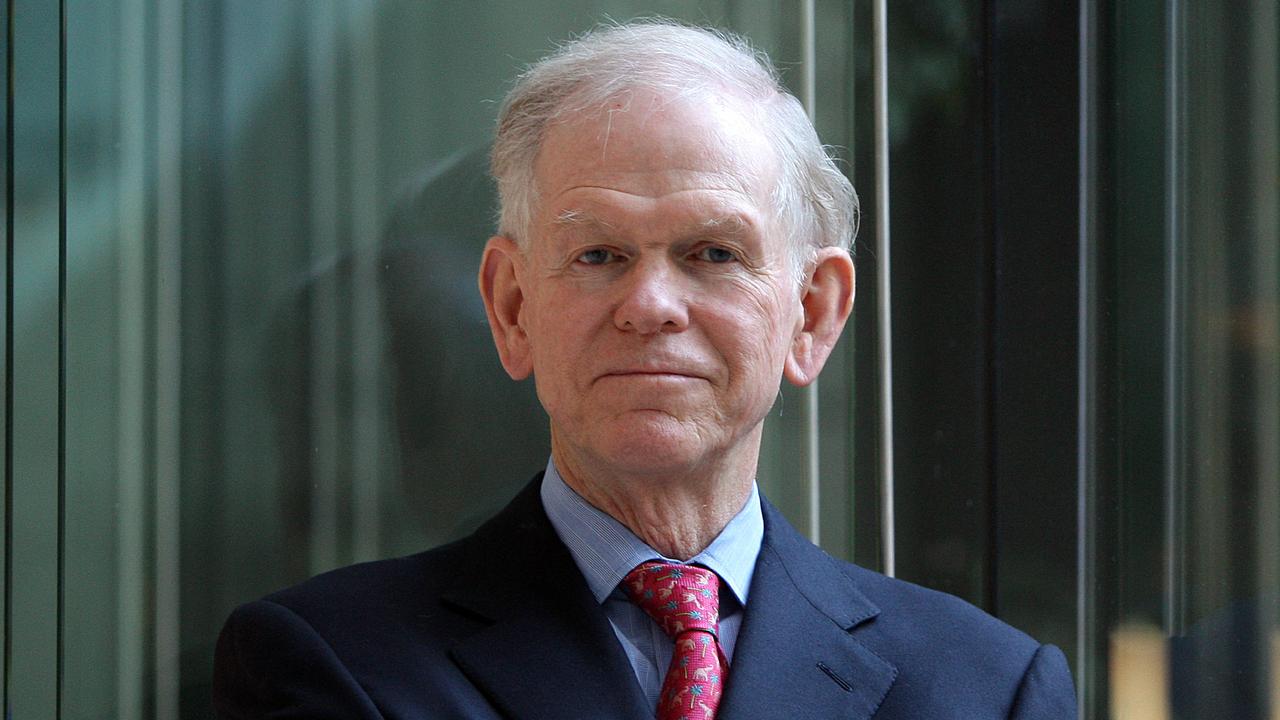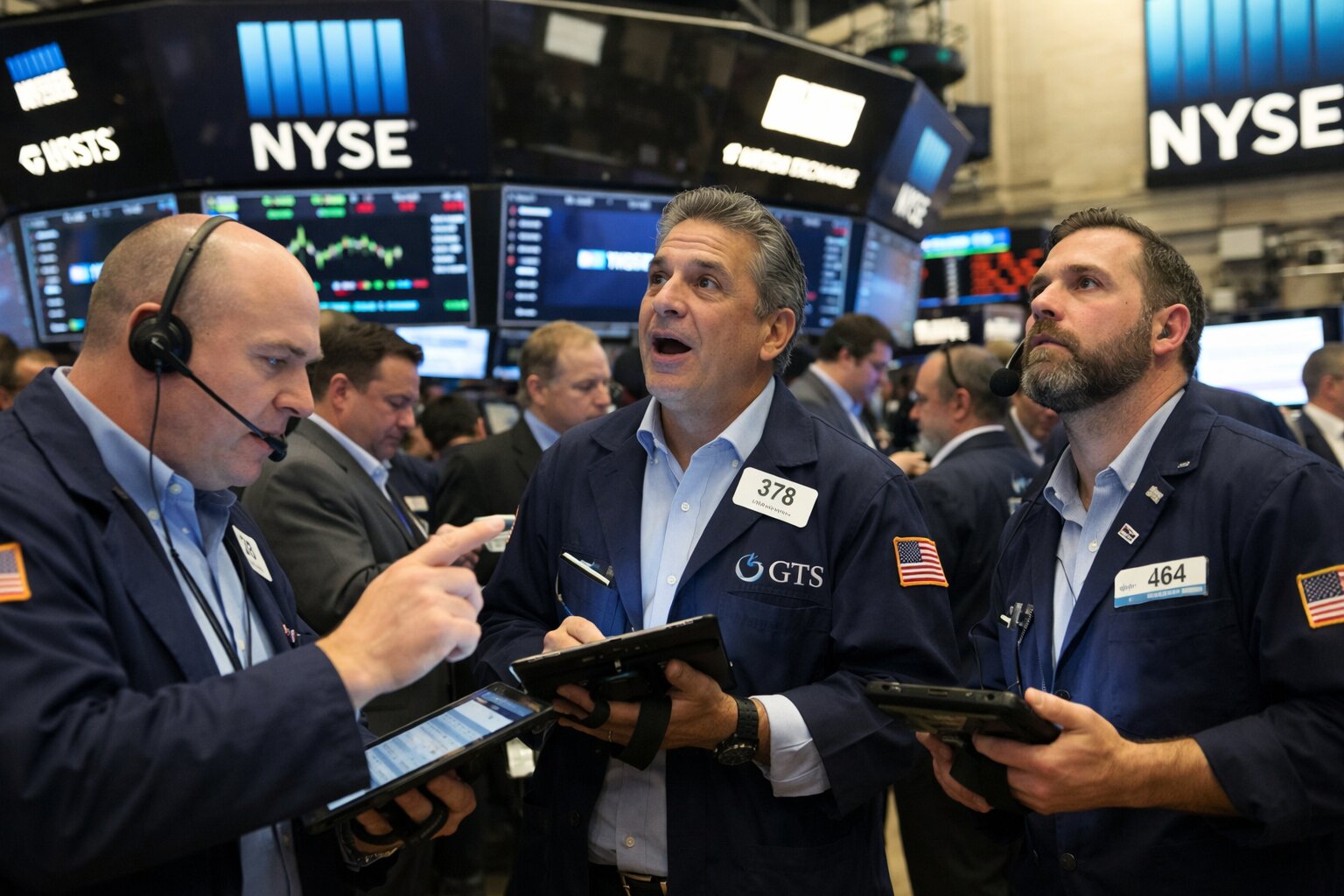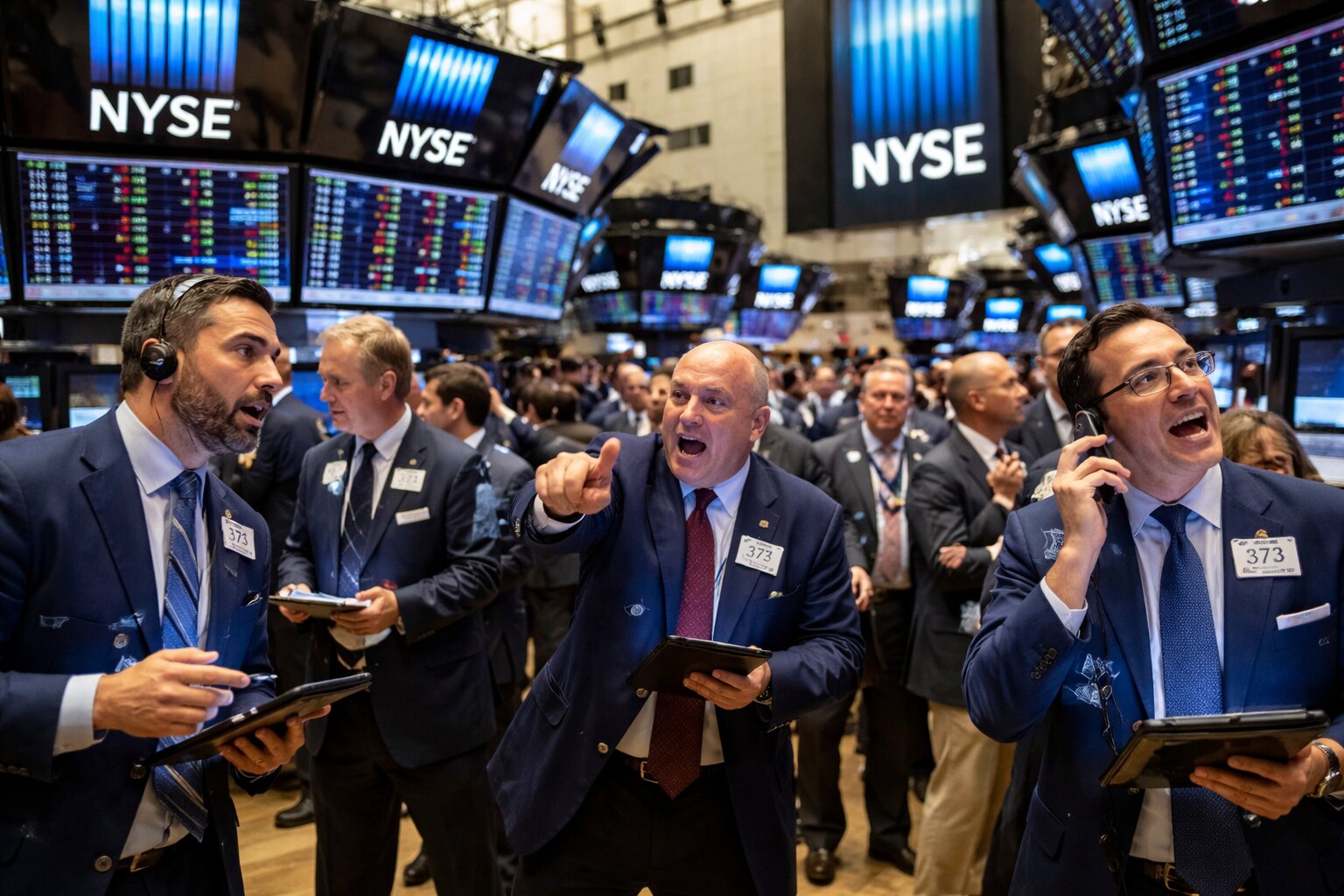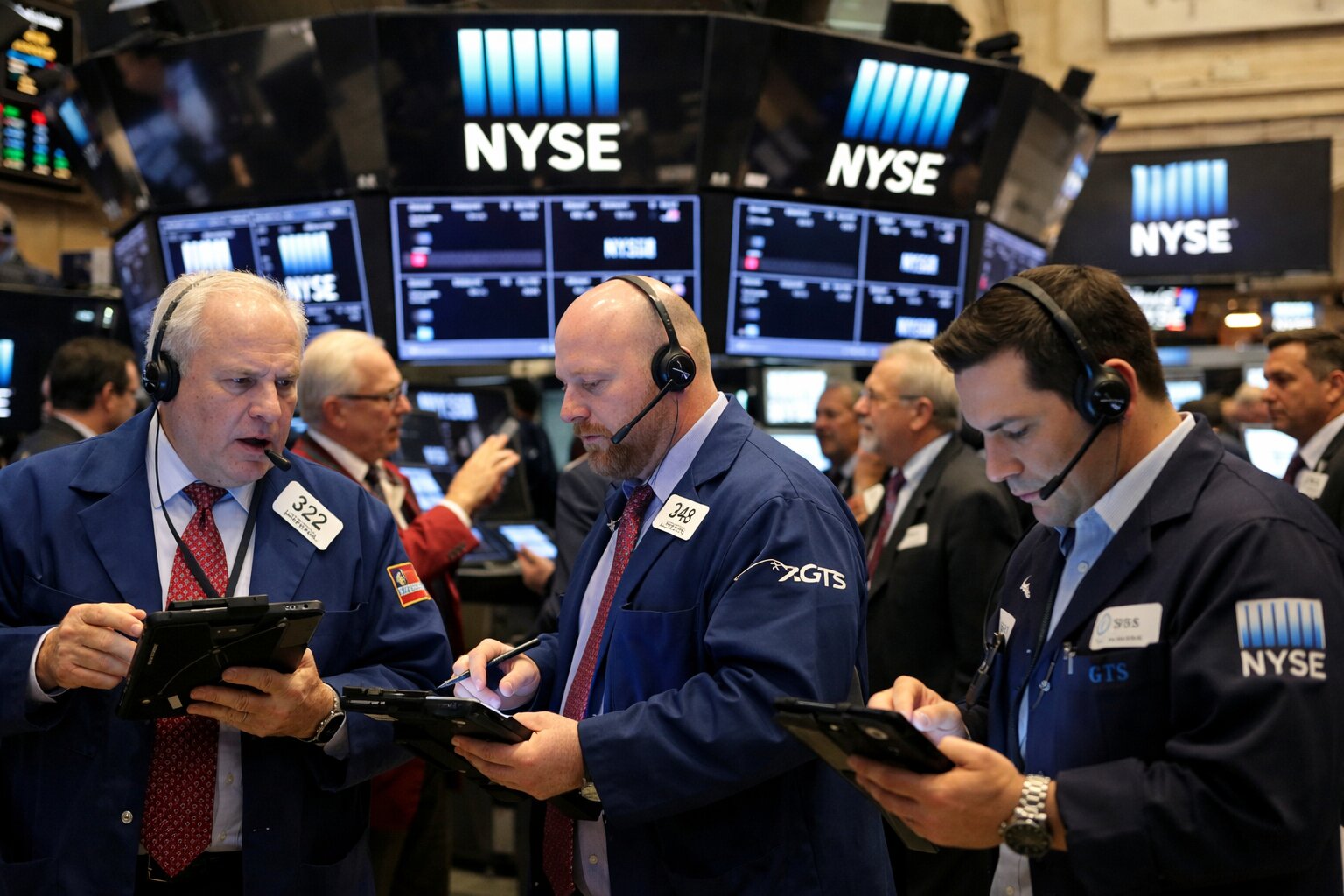
Jeremy Grantham Predicts Further Pain Ahead as Inflation and Interest Rates Impact Investments
Legendary Investor Warns of More Challenges as First Interest Rate Cut Looms, Recommends Caution in Navigating the Financial Landscape
Renowned investor Jeremy Grantham, during his recent interview on The Investor’s Podcast, highlighted the distinction between ordinary bull and bear markets and what he refers to as Great Bubbles. He emphasized that these rare, two and a half Sigma events, characterized by ultimate euphoria, can be identified by their drastic deviation from normal market behavior. Grantham stressed the importance of focusing on these significant events, as they always lead to recessions and have long-lasting consequences.
In the current market landscape, investors have witnessed substantial losses due to inflation and higher interest rates. The Federal Reserve has raised interest rates by 475 basis points in an effort to control inflation, resulting in the S&P 500 declining by 20% in 2022, and now sitting 14% below its all-time record in 2021. However, Grantham believes that the real decline, when adjusted for inflation, is closer to 25%.
The commercial mortgage bond market has also experienced turmoil, with bonds tied to commercial mortgages facing difficulties as money managers worry about the availability of credit due to regional bank failures. Risk premiums, or spreads, on the highest-rated commercial mortgage bonds are near their widest since 2016, and investors are concerned about refinancing the $1.5 trillion of commercial real estate debt maturing by the end of 2025.
However, firms like GMO and Sun Life's institutional asset management arm argue that the panic in the commercial mortgage-backed security (CMBS) market has gone too far. They believe that bonds capable of withstanding even a severe market downturn are now available at bargain prices. Top-rated CMBS often have up to 30% credit support, meaning that the underlying portfolio of commercial property loans would have to lose 30% of its principal before bond investors get hit. GMO also notes that commercial mortgage bond spreads appear cheap compared to corporate bonds, potentially representing a buying opportunity.
Despite these opportunities, Grantham warns that the bust of the stock market bubble will only be halfway over when the Federal Reserve starts cutting interest rates, which he expects to happen in late 2024. He argues that Great Bubbles are different from typical bull and bear markets, meaning it's likely there's another round of pain ahead.
"Most of the decline in these great bear markets only happens after the first interest rate cut. So you tell me when the first interest rate cut is, and I will tell you when the second half of the pain is going to start," Grantham said in the interview.
Historically, Great Bubbles have always been accompanied by recessions, and Grantham believes that the current situation will be no different. He predicts that the economy could enter a severe recession, with stocks potentially crashing as much as 50%. While his forecasts are on the more bearish end of the spectrum, other Wall Street strategists share his view that a recession and stock market downturn are highly likely in 2023.
Central to Grantham's argument is the importance of understanding the impact of inflation on market performance. He points out that markets have not experienced significant inflation for two decades, and investors have forgotten the need to adjust their expectations and data accordingly. Inflation erodes the value of investments over time, and even a flat market performance can result in substantial losses for investors.
The potential long-term consequences of the current market conditions should not be underestimated. The collapse of regional lenders like Silicon Valley Bank and Signature Bank has put pressure on the commercial real estate sector, as regional banks account for about 80% of bank lending to commercial properties. The intervention of regulators, such as the Federal Deposit Insurance Corp. (FDIC),
Read More
-
GPIQ ETF Price Forecast: Can a 10% Yield at $52 Survive the Next Nasdaq Selloff?
09.02.2026 · TradingNEWS ArchiveStocks
-
XRP ETF Price Forecast: XRPI at $8.32, XRPR at $11.86 as $44.95M Inflows Defy BTC and ETH Outflows
09.02.2026 · TradingNEWS ArchiveCrypto
-
Natural Gas Futures Price Forecast: Will The $3.00 Floor Hold After The $7 Winter Spike?
09.02.2026 · TradingNEWS ArchiveCommodities
-
Stock Market Today: Dow Back Under 50K While S&P 500 and Nasdaq Push Higher as Gold Reclaims $5,000
09.02.2026 · TradingNEWS ArchiveMarkets
-
USD/JPY Price Forecast: Can Bulls Clear 157.5 Without Triggering a 160 Intervention Line?
09.02.2026 · TradingNEWS ArchiveForex



















